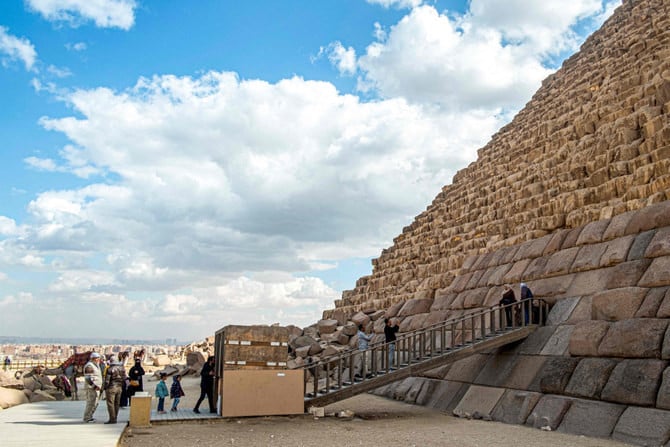
Previously, at the end of January, Mr. Mostafa Waziri - Secretary General of the Supreme Council of Antiquities - announced the "project of the century" of granite cladding for the Menkaure pyramid. This is the smallest pyramid of the three greatest Giza Pyramids in Egypt.
However, news that the ancient site might be altered quickly drew international outcry, forcing Egypt's antiquities authority to reconsider the project, as the pyramid is the only one of the seven wonders of the ancient world still standing.
Thousands of years ago, the pyramid was originally built and clad in granite instead of limestone, but over time it lost some of its covering. The renovation aims to recreate the granite and restore the original structure of this great architectural work. Currently, only 7 of the 16 granite blocks that made up the pyramid's outer shell remain intact.
In a statement on January 15, the Menkaure Pyramid Review Committee (established by the Egyptian Minister of Tourism ) objected to the reinstallation of granite blocks scattered around the base of the pyramid thousands of years ago.
Zahi Hawass, the former antiquities minister who heads the commission, said it would be impossible to determine the original location of each block to reinstall them. Replacing them would require cement and could damage the pyramid.
"What I want to say is don't worry, the Giza pyramids are safe and nothing will happen to them. People everywhere have called me, written me, emailed me. They are all worried. But rest assured, the pyramids are very safe and no one can touch the pyramid of Menkaure," Hawass added.
When the pyramid restoration project was announced by the Supreme Council of Antiquities (SCA) in late January, which is expected to be carried out over three years by the Egyptian Ministry of Tourism and Antiquities and a Japanese delegation, it was met with opposition from Egyptian archaeologists and experts, most of whom said it could destroy the uniqueness, identity and historical value of the 4,500-year-old Pyramid of Menkaure.
Source







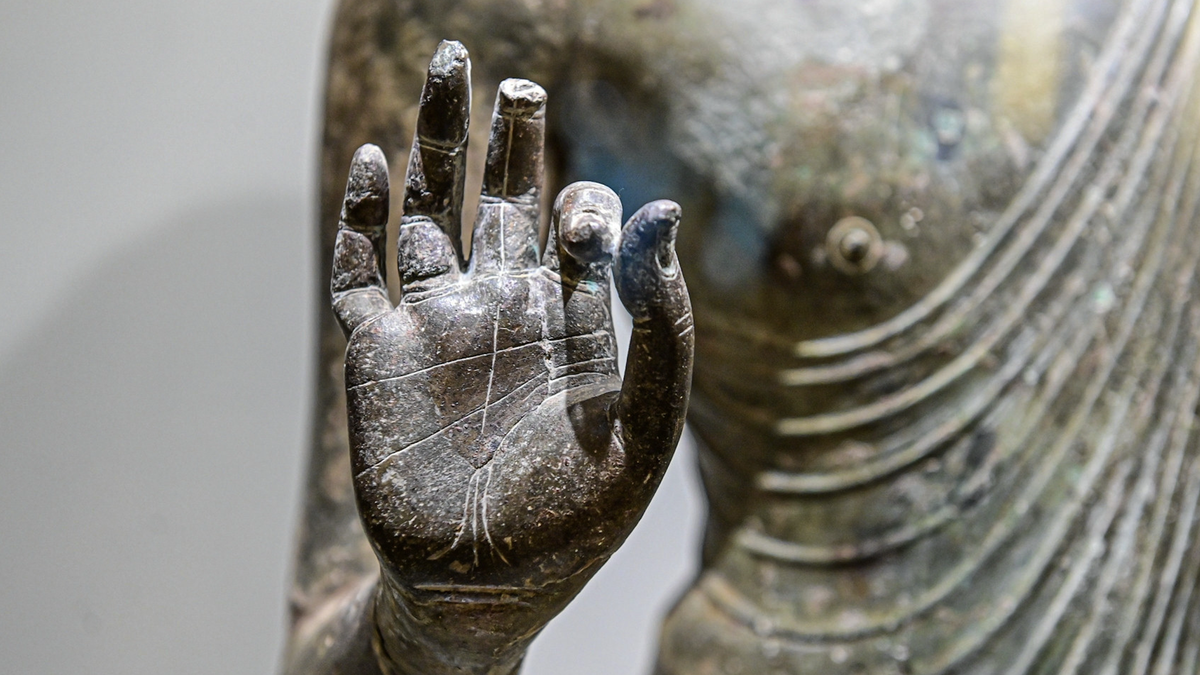






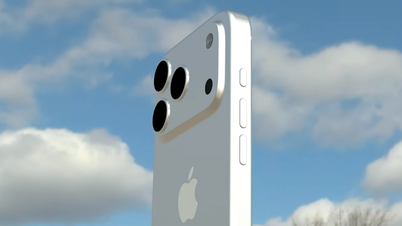

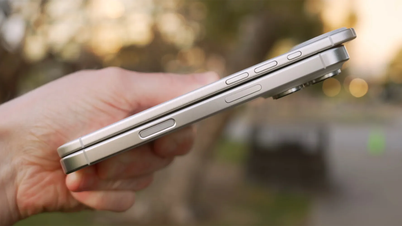












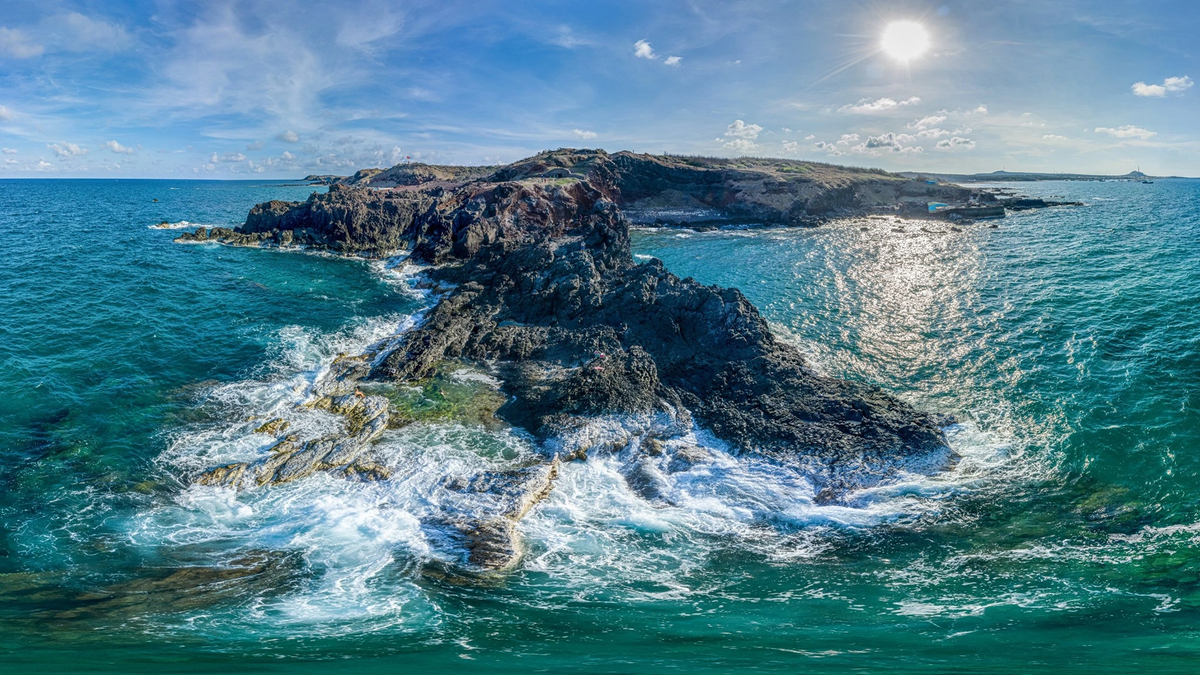

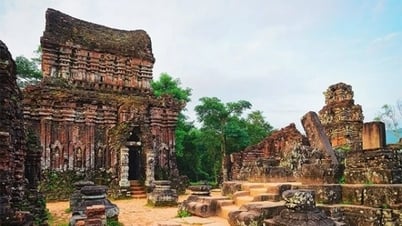

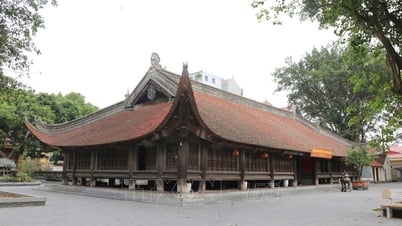



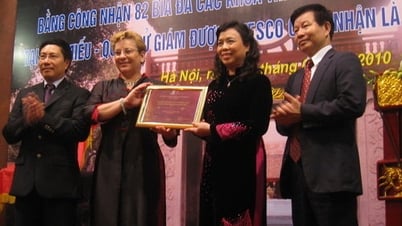

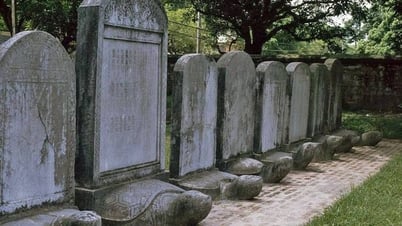
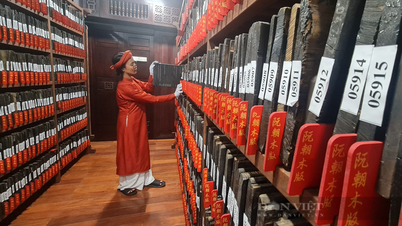
















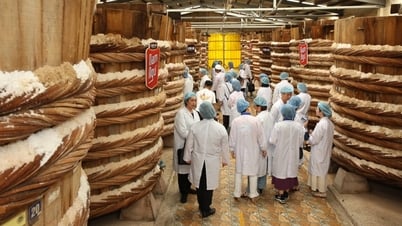









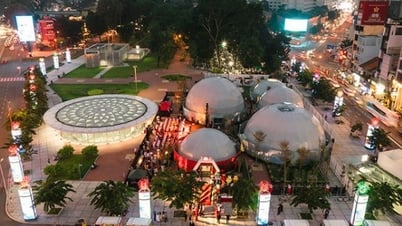






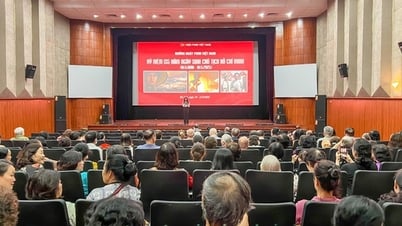





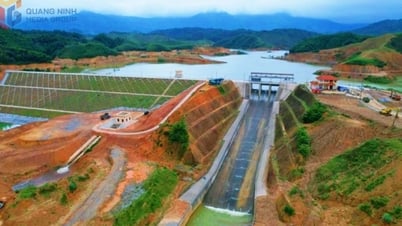















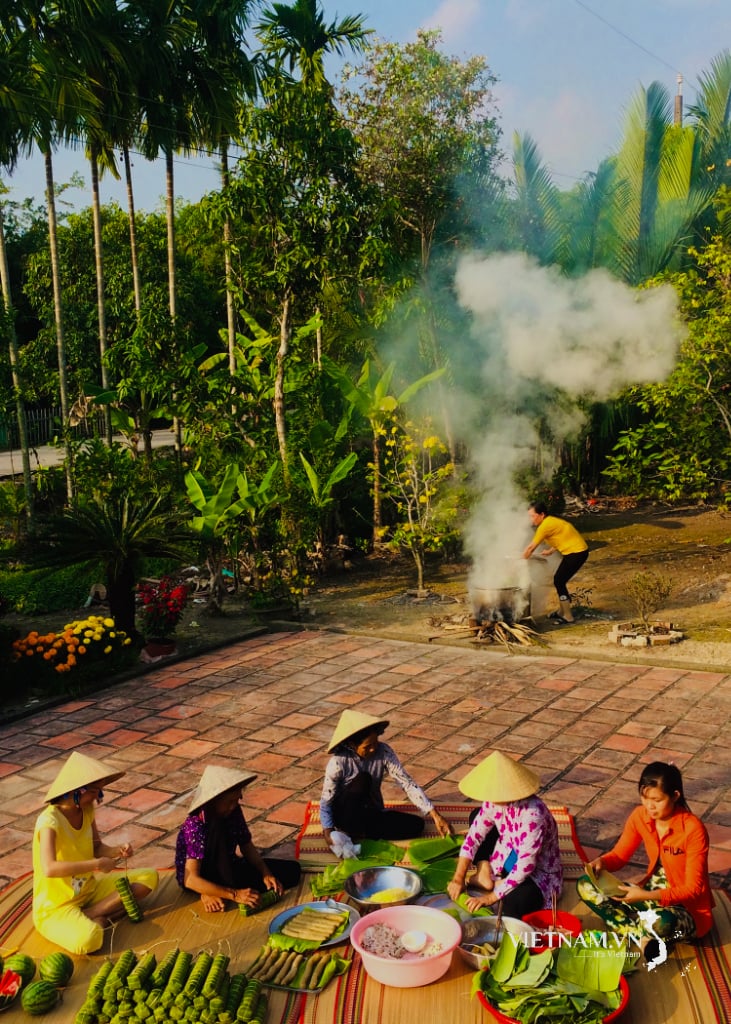



Comment (0)